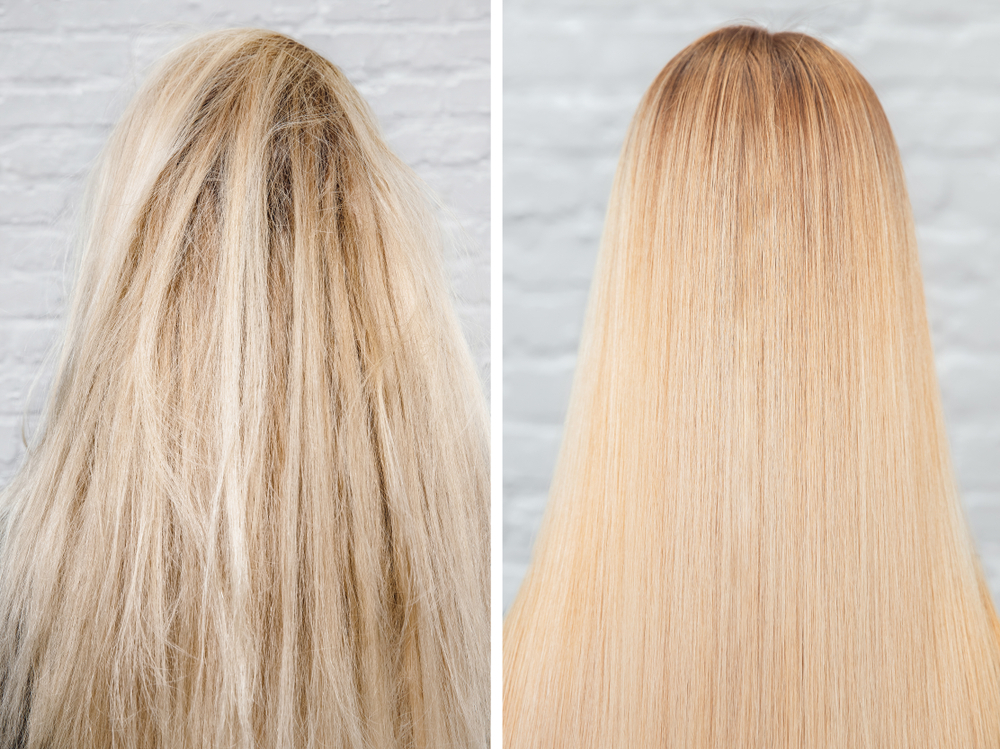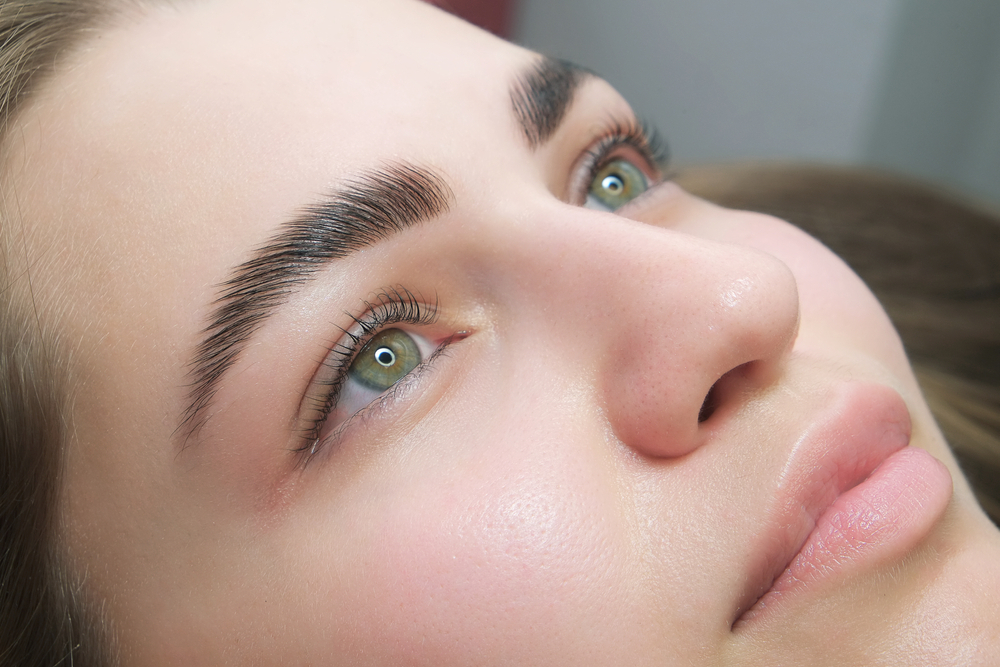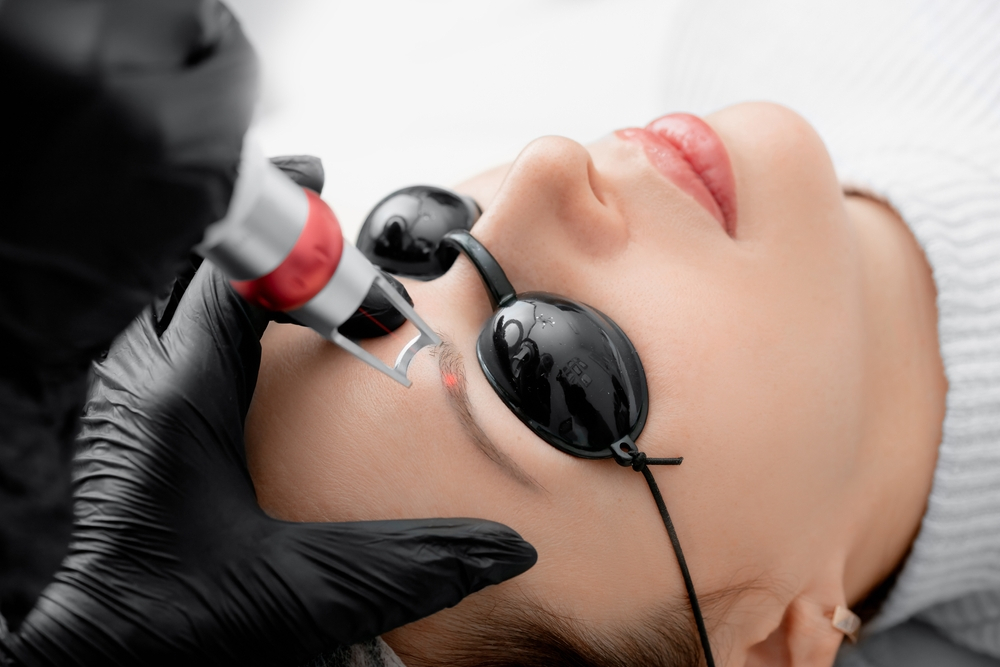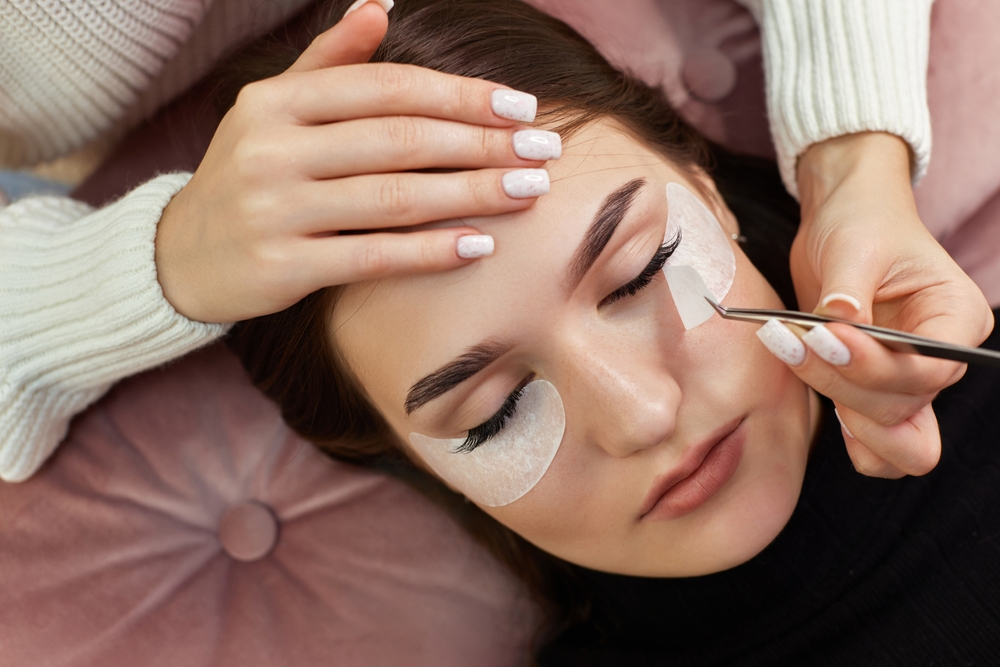Can Hair Extensions Cause Cancer? Unraveling the Facts
Understanding Hair Extensions
Hair extensions are popular among individuals seeking to add length, volume, or color to their hair. While these extensions offer versatility and style, concerns have emerged regarding their safety, particularly their potential association with cancer. Let’s delve into the evidence to discern the truth behind these claims.
Assessing Potential Risks
- Chemical Composition: Hair extensions are typically made from synthetic fibers or natural human hair. While synthetic extensions may contain chemicals used in their production, such as polymers and dyes, the risk of these chemicals causing cancer is considered low, especially when properly processed and applied.
- Adhesive Products: Some hair extension methods involve the use of adhesive products, such as glues or tapes, to attach the extensions to natural hair. While these adhesives undergo testing for safety and skin compatibility, prolonged exposure or allergic reactions may occur in rare cases. However, there is no conclusive evidence linking these adhesives to cancer development.
Dispelling Misconceptions
- Skin Contact: Hair extensions are applied externally to the scalp and hair shaft and do not penetrate the skin or enter the bloodstream. As such, they are unlikely to pose a direct cancer risk through systemic absorption or exposure to carcinogenic substances.
- Regulatory Oversight: In many regions, including the United States and Europe, cosmetic products, including hair extensions and adhesive products, are subject to regulatory oversight and safety standards. Manufacturers must comply with regulations to ensure product safety and minimize potential health risks.
Promoting Informed Choices
- Quality Assurance: Choosing reputable salons or hair professionals that use high-quality hair extensions and safe application techniques is crucial for minimizing potential risks. Professional stylists prioritize client safety and well-being, adhering to industry standards and best practices.
- Monitoring for Adverse Effects: Individuals who experience unusual symptoms or adverse reactions after hair extension application should seek prompt medical evaluation. While rare, allergic reactions or skin irritation may occur and should be addressed promptly by healthcare professionals.
Conclusion
Hair extensions are generally considered safe when applied correctly by trained professionals using quality products. While concerns about cancer risk have been raised, scientific evidence does not support a direct link between hair extensions and cancer development. By choosing reputable salons and practicing proper hair care, individuals can enjoy the aesthetic benefits of hair extensions without undue concern for cancer risk.
Discover our premium hair extension services, performed by experienced stylists committed to client safety and satisfaction, to achieve your desired look with confidence.







Thank you for your sharing. I am worried that I lack creative ideas. It is your article that makes me full of hope. Thank you. But, I have a question, can you help me?
Thank you for your sharing. I am worried that I lack creative ideas. It is your article that makes me full of hope. Thank you. But, I have a question, can you help me?